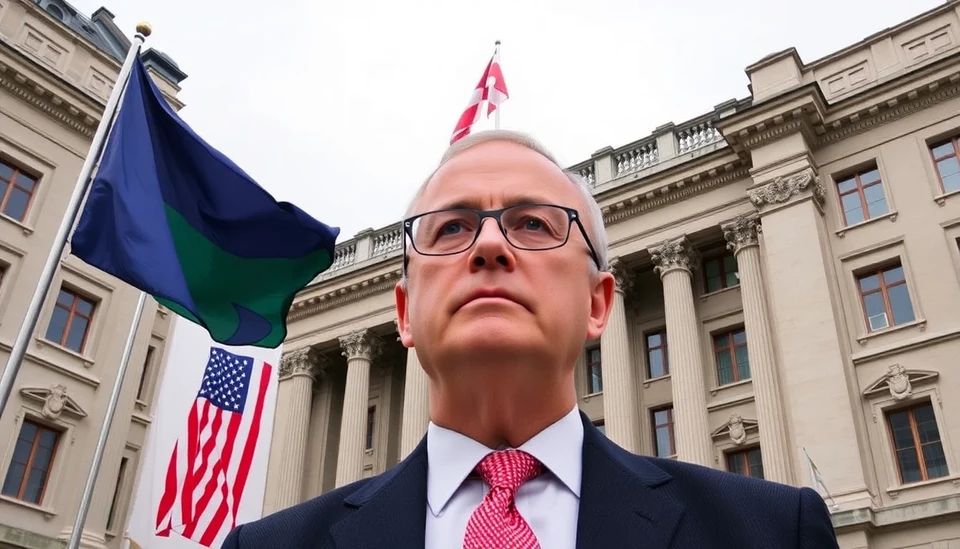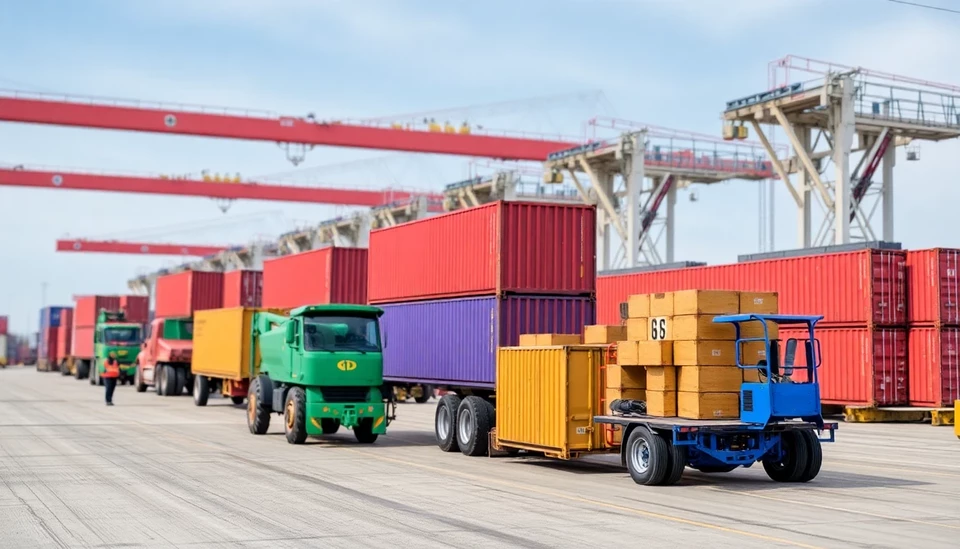
In a recent statement that raises alarms about the potential consequences of tariff policies, Bundesbank President Joachim Nagel cautioned that any escalation in trade barriers would likely result in negative outcomes for all stakeholders involved. His comments come amid ongoing debates regarding international trade practices and their impacts on the economy.
During a conference held in Frankfurt, Nagel emphasized that increasing tariffs might appear beneficial to certain domestic industries in the short term. However, upon closer examination, the broader economic ramifications could prove detrimental, affecting consumers and businesses alike as costs rise.
“If we raise tariffs, the prices of imported goods will inevitably increase, leading consumers to face higher expenses,” Nagel stated. He underscored that such inflationary pressures could diminish purchasing power, particularly during a time when many households are already grappling with economic uncertainty.
While Nagel did not cite specific countries or products, his warnings come in the context of rising global tensions over trade policies. Various nations have engaged in tit-for-tat tariff actions, which could further escalate and lead to a cycle of retaliatory measures. He noted that history has shown that protectionist measures could disrupt global supply chains, complicating logistics and increasing operational costs for businesses.
Furthermore, the Bundesbank chief pointed out that the economic interdependence of nations makes unilateral tariff changes impractical in the long run. He advocated for collaborative dialogue among nations to establish fair trade practices rather than resorting to aggressive tariff implementations.
In light of these developments, Nagel urged policymakers to prioritize stable international relationships over the short-lived gains of tariffs. He believes that fostering cooperation and negotiating mutual agreements would ultimately serve the global economy better than protectionism.
As trade tensions continue to simmer, the call for rational economic policies comes not just from financial leaders but also from various sectors impacted by these decisions. The need for a balanced approach that can accommodate both domestic interests and the stability of international trade seems increasingly pressing.
In closing, Nagel reiterated the necessity of avoiding trade conflicts and reminded officials that well-structured trade agreements can harness the strengths of all parties involved while promoting a more resilient global economy.
As this discussion unfolds, the watchful eyes of the international community will undoubtedly monitor developments and the potential shifts that may arise from the conversations around tariffs and trade policy.
#Tariffs #TradePolicy #Bundesbank #Economy #InternationalTrade #JoachimNagel #EconomicStability
Author: Daniel Foster




